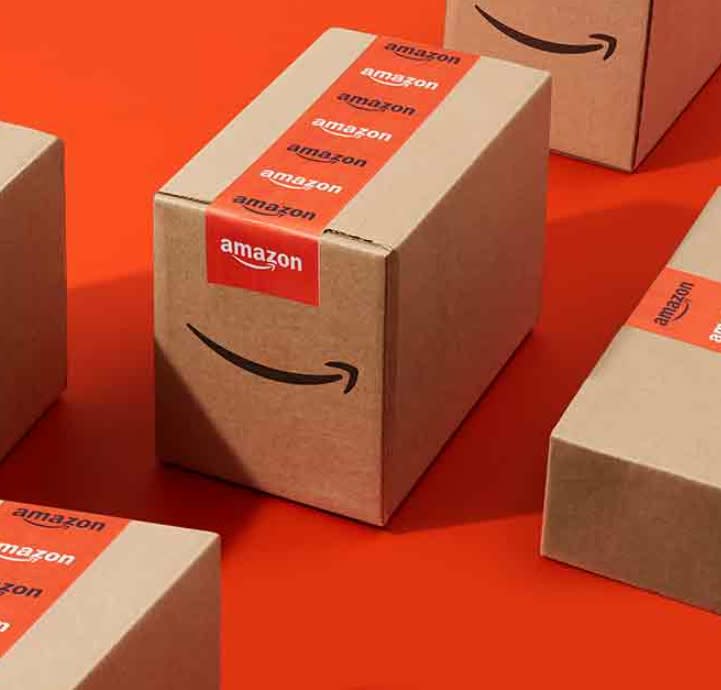Target testing change at self-checkout that some shoppers might not like
(NEXSTAR) – Target is reportedly planning to restrict some of its self-checkout areas to shoppers purchasing 10 items or less.
The change will only affect a small number of stores during a test phase, according to a Target representative who spoke with CNN. A spokesperson for the chain was not immediately available to confirm whether the idea would be implemented at additional stores in the near future.
The decision to limit some of Target’s self-checkout shoppers to 10 items was made in order to heighten the customer experience and specifically reduce wait times, Target told the outlet. But, according to company COO John Mulligan, shoppers are increasingly preferring full-service checkout, too.
Best Black Friday Deals

“Since our goal is for Target to be the easiest place for our guests to shop, our teams have been focused on the front-of-store experience with the goal of providing consistently great service through the in-store checkout experience, along with drive-up and in-store pickup,” said Mulligan, also the executive vice president of Target, in an earnings call last week.
“And because our guests tell us they enjoy interacting with our team, since we’ve refocused on the front-end experience, we’ve seen more than a 6 percentage point increase in the usage of full service lanes across the chain.”
McDonald’s getting rid of self-service soda refills in coming years
In addition to Target, multiple Walmart locations have recently made the move to deter shoppers from the self-checkout area — by getting rid of the option altogether.
Nexstar’s KRQE reported in early October that three Albuquerque Walmart stores had removed (or were planning to remove) their self-checkout lanes, an idea that polarized guests. One woman told the station that she waited in line for “a good 15 minutes” despite only having a few items she would have otherwise rung up at self-checkout, while others claimed they preferred full-service checkout anyway.
At the time, a spokesperson for Walmart similarly cited the guest “experience” as the impetus for the change.
“We continually look at ways to provide our customers with the best shopping experience possible and that includes adjusting the checkout area in stores,” Walmart said.
Some of the company’s employees also told Business Insider that theft is more common at self-checkout lanes, perhaps pointing to another reason Walmart and other retailers are moving to limit or oversee the option. (Target closed stores in several states this year, specifically citing “theft and organized retail crime,” but stopped short of blaming self-checkout.)
Earlier this year, Costco also announced an overhaul to its self-checkout policy, telling shoppers that proof-of-membership (and perhaps a photo ID) may be required.
“Our membership policy states that our membership cards are not transferable and since expanding our self-service checkout, we’ve noticed that non-member shoppers have been using membership cards that do not belong to them,” reads a statement released by Costco. “We don’t feel it’s right that non-members receive the same benefits and pricing as our members.”
Can people in my household still use my Costco membership?
Despite any new limitations and restrictions on self-checkout, the National Retail Federation has not seen “compelling evidence that this is an industry-wide trend,” a representative said in a statement shared with Nexstar.
Pushback against self-checkout, however, appears to be growing in some regions. The president of the Sparkle Markets grocery chain in Ohio, West Virginia and Pennsylvania, for example, said earlier this year that stores would not adopt any self-checkout lanes in order to support workers in the community.
“We value the person at the register — we hope you do as well,” Sparkle President Vincent Furrie Jr. said, Nexstar’s WJW reported. “Helping one another just cannot be replaced.”
A Rhode Island lawmaker, too, introduced legislation in January to limit the number of self-checkout lanes at stores to protect jobs and customer experiences.
“Two years ago, we were praising grocery store workers,” said State Rep. Megan Cotter, Nexstar’s WPRI reported. “They were front-line workers, and we need to continue to support them and make sure they have the tools that they need to succeed in life.”
“I think that this is the beginning of a much larger conversation that we need to have, not only with the legislation but as a society,” she later added. “Where are we headed?”
For the latest news, weather, sports, and streaming video, head to The Hill.

